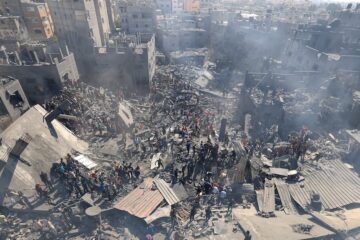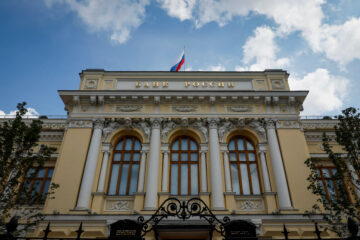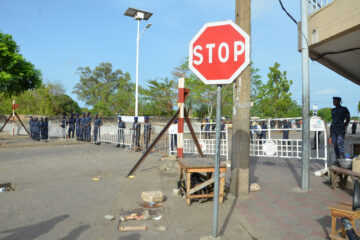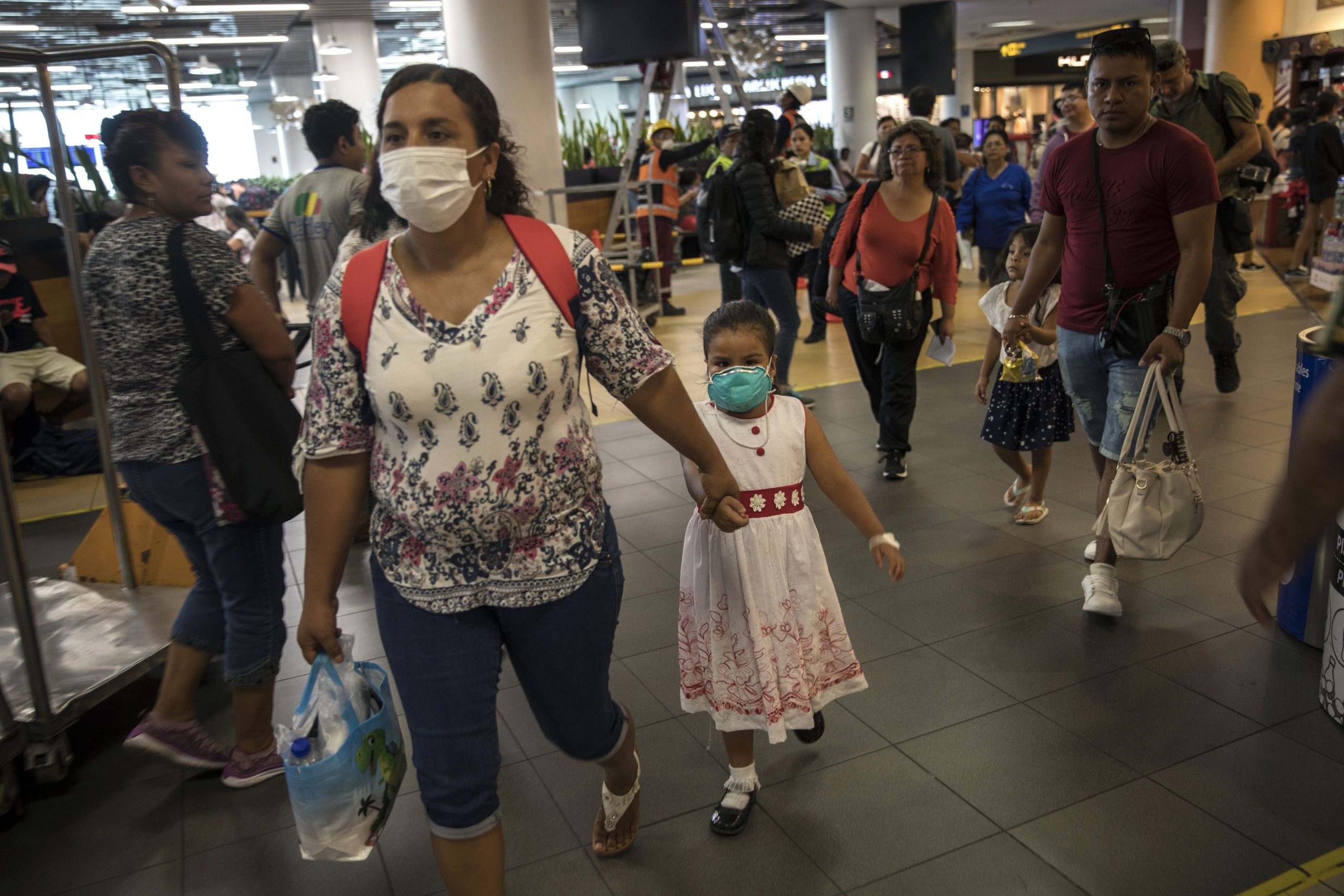Haiti postpones presidential election as violence erupts
A looming presidential election in Haiti that had already been postponed once and faced deep public skepticism was put on hold indefinitely Friday as the country\’s leaders sought to negotiate a resolution to what could soon become a constitutional crisis in the impoverished country.
The Provisional Electoral Council decided to postpone Sunday\’s election because there is "too much violence throughout the country," Pierre-Louis Opont, president of the body that oversees elections, said at a news conference. The capital has been rocked in recent days by opposition protests calling for a halt to the vote.
In announcing its decision, the council did not set a new date for the election. It also did not say whether an interim government would take power after Feb. 7, when President Michel Martelly is required to leave office under the Constitution, or if he would remain in his post until a replacement is elected.
Martelly was scheduled to address the nation later Friday. His office did not immediately respond to a request for comment from The Associated Press.
Opponents of the Martelly government have insisted that the first round of the presidential balloting on Oct. 25 was marred by massive fraud in favor of the president\’s hand-picked successor, businessman Jovenel Moise. The runoff was originally scheduled for Dec. 27, then rescheduled for Sunday.
Jude Celestin, a businessman who was the other candidate in the race, said he would boycott the election, though his name remained on the ballot.
Neither candidate had an immediate response to the decision by the electoral council.
Protesters calling for a halt to Sunday\’s election and a new vote have grown increasingly violent in recent days, prompting the council to conclude it was too risky to try to hold an election. Haiti has only a shaky handle on security even with the assistance of troops and police from a United Nations peacekeeping force that has been in the country since a 2004 uprising ousted then-president Jean-Bertrand Aristide.
Electoral Council offices across the country have been attacked and set on fire in recent days and election materials in a remote part of the country was hijacked by gunmen, Opont said.
Recent opposition-stoked protests in downtown Port-au-Prince have ramped up the tension with rock-throwing partisans and burning street barricades.
There\’s been growing concern that the flawed runoff might push the perennially volatile country of 10 million people to the edge of tumult, rolling back a decade of relative political stability and putting the brakes on foreign investment.
Elections are always a struggle in Haiti. It saw its first genuinely democratic election in 1990, closely followed by a coup d\’etat. While there have been no shortage of opposition boycotts since then, this is the first time that a presidential candidate is boycotting a runoff after qualifying for it.
Celestin recently told The Associated Press that Haiti was "moving toward a selection, not an election."
In an atmosphere weighted with uncertainty, Haiti\’s Senate and various civil society, religious and business groups had called for a halt to Sunday\’s runoff due to deep public suspicion of fraud and meddling by the U.S. and other foreign governments.
Martelly had said the runoff would go on as scheduled and accused the opposition of trying to derail the vote with bogus fraud accusations so a transitional government they would dominate could be set up.
Haitian observer groups, who together sent over 1,000 people to polling stations in October, said they would not send any monitors on Sunday because they were convinced that the Provisional Electoral Council\’s intention was going to "systematically violate" citizens\’ right to vote.
SOURCE: AP
[do_widget_area inner_adsbar]










